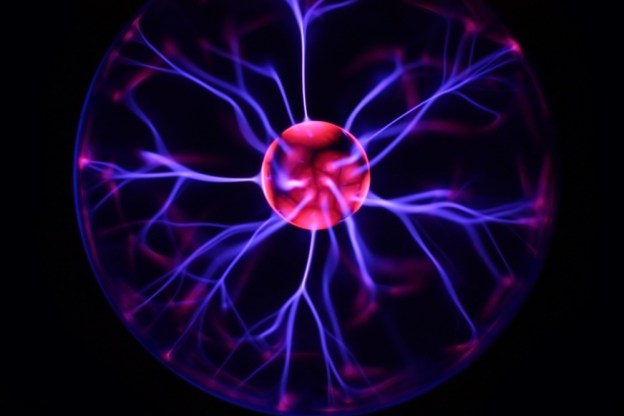
Scientists have discovered why the infamous Higgs boson particle, also known as the “God particle,” has been so hard to find: it probably doesn’t exist. This disappointing proclamation comes from scientists at CERN, who told the crowd at last week’s Lepton-Photon conference in Mumbai, India, that their research shows a 95 percent probability that the hypothetical Higgs boson particle is nothing more than a figment of our imagination.
In the physics world this is a big, big deal. First postulated by three independent groups of physicists in the 1960s, the Higgs boson (named after Scottish physicist Peter Higgs) has been long-believed by many in the physics community to be the elementary particle responsible for sparking the Big Bang, and thus the entire universe and everything in it. (This is why they call it the God particle.) If discovered, Higgs boson would provide the missing link for the “standard model” of particle physics, and could even usher in all-new types of physics.
While many have attempted to find concrete evidence of Higgs boson, the most promising endeavor has been carried out by CERN’s Large Hadron Collider (LHC). In fact, discovering the Higgs boson is one of the primary purposes of the LHC, which took 16 years and $10 billion to build.
The LHC, which measures 17 miles in circumference, has been called the “Big Bang Machine” because its purpose is to collide particles together at mind-blowing speeds — much as they are believed to have collided in pre-time — enabling scientists to observe the effects of such collisions. It was through these types experiments that CERN scientists hoped they would discover the elusive Higgs boson — and which they’ve now realized that it may not exist at all.
So, what does the probable absence of the Higgs boson mean for the rest of us? Well, first, it means we, as a people, remain as far as ever from discovering how our universe came into existence — a question humanity has been trying to answer presumably since the beginning of our own creation.
Another, less profound, but far more obnoxious, outcome is that people who choose to dismiss science altogether simply because it doesn’t have the all the answers (in this case, the answer to, “How did we come to exist in the first place?”) will have new ammunition for their arguments. So, don’t be surprised when CERN’s troublesome admission that Higgs boson is likely a myth is cited as a reason that global warming doesn’t exist.
[Image via Anna RubaK/Shutterstock]


